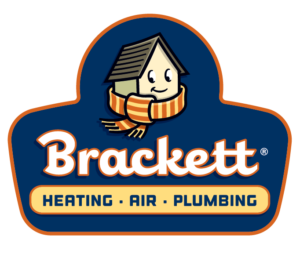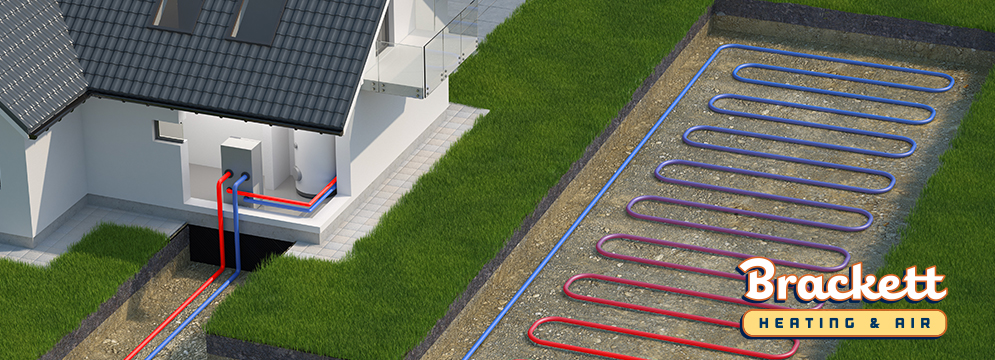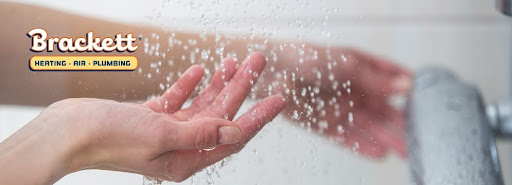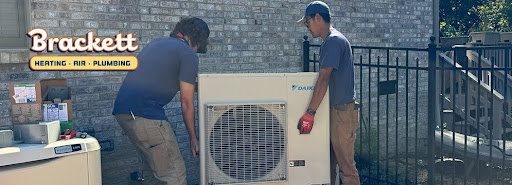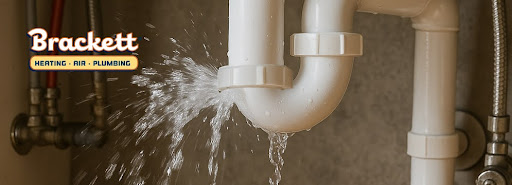Different Types of Residential Geothermal Systems
Various types of heat pumps have been used residentially since the 1940s. Air-source heat pumps are probably the most common, at least when considering what the average homeowner knows about heat pumps. Other heat pumps called geothermal heat pumps or residential geothermal systems use power from within the earth to provide energy to heat and cool homes. In some cases, geothermal systems even provide hot water to the home’s occupants.
Since the temperatures under the earth’s surface tend to remain constant compared to the air above, geothermal systems are much more efficient than their conventional heating and cooling counterparts. Other advantages are they tend to run more quietly, need less maintenance, and can significantly reduce your energy bills. They also have a much greater lifespan than traditional heat pumps and other heating sources like furnaces or boilers.
Additionally, since there is no outdoor equipment, many homeowners consider this a huge benefit because landscaping and the overall aesthetic of the home isn’t compromised. The biggest and maybe only drawback is the installation costs for geothermal can be remarkably higher than other home comfort options.
Geothermal systems can be designed in four different ways. The most economical residential geothermal option is the horizontal closed loop system. This utilizes a series of pipes filled with refrigerant placed horizontally underground or in a nearby water source such as a lake or pond. The downside is this geothermal system requires the greatest amount of acreage.
Another type of geothermal system is the vertical loop, which is like the horizontal loop, but the pipes are inserted into holes in the ground that are usually at various depths. This application works well where the lot is small, or the soil is rockier.
Two other geothermal options are both vertical and horizontal but use an open loop system, where water is circulated from a nearby lake or pond. Special filters will be needed to keep the water pure, but if it’s potable water, then a water heater can also be installed to utilize the geothermal system technology.
For more detailed information on how a residential geothermal home comfort system can lower your home energy costs, call Brackett Heating & Air.
One of Brackett’s knowledgeable Comfort Specialists is ready to help you decide if a geothermal system is right for you.
